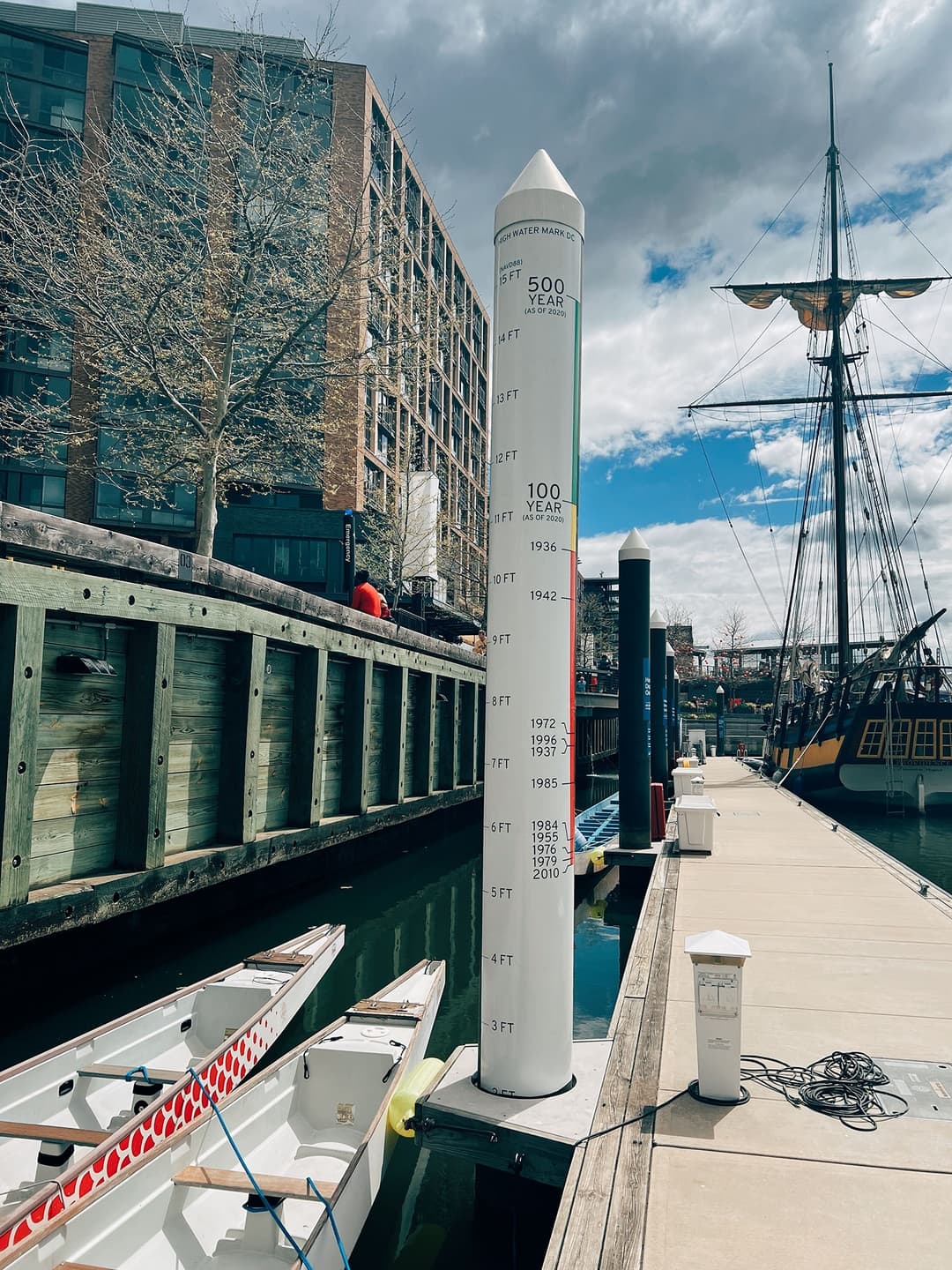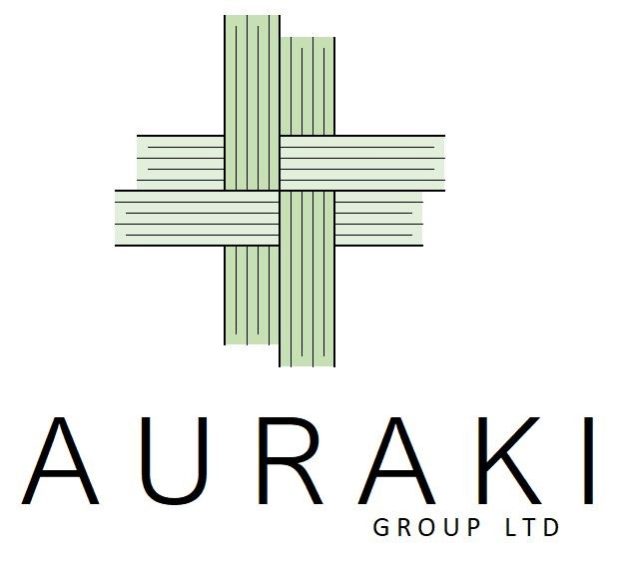
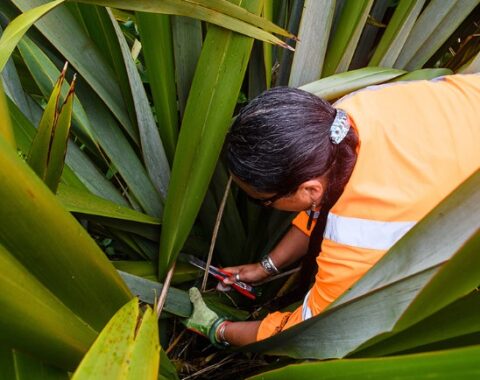


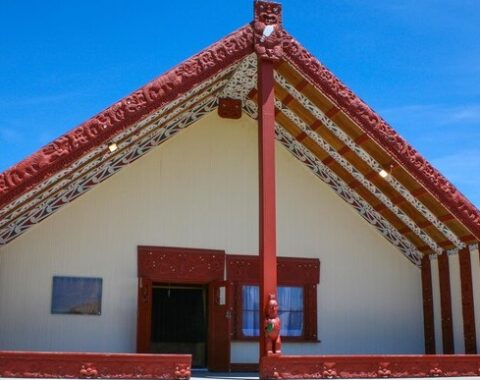




Share this page
Cultivating Cultural Confidence: A Navigating Eye on Embracing Values-Driven Leadership in Society
"Tūngia te ururua, kia tipu whakaritorito te tupu o te harakeke"
"Clear the undergrowth so that the new shoots of the flax will grow"
In the pursuit of cultural confidence, having a navigating eye and embracing values-driven leadership are essential pillars.
Confidence? Isn’t the usual catch phrase Competence?
Well, yes, while the more used commonly known term is “competence” we at Auraki Group prefer to refer to "confidence” – why? This is largely due to the fact that while cultural competence provides a foundation of knowledge and skills for engaging with diverse cultures - cultural confidence enhances the quality of cross-cultural interactions by promoting authenticity, empowerment, effective communication, and relationship-building.
Meeting at the border theory (Roland Barthes (1951-1980) has been applied to a wide range of topics, including cultural studies, postcolonialism and globalization. It is a powerful tool for understanding the way that different groups interact, and the way new meanings are created. When two cultures meet, they bring with them their own languages, symbols and values. When these different cultural elements come into contact with each other, establishing a set of rules of engagement will need to occur. That will inevitably include a process of negotiating and choosing what these said ‘relational building rules of engagement’ will be. Once these are identified then each culture can make reference to these in order to understand the other culture’s point of view and practices. It is a valuable tool for understanding the way the world is changing, where different people, organizations, groups and cultures are constantly interacting, guided by clear boundaries set. It is more important to understand how these interactions can lead to the creation of new meanings and therefore enhancing cultural confidence.
As we delve into this cultural confidence journey within Aotearoa, there is an emergence of four key themes. Each theme sheds light on crucial aspects of fostering inclusive environments and promoting equity in society through values-driven leadership from a Māori perspective.
Theme 1: Changing the Narrative
Cultural confidence begins with understanding the root causes of participation gaps across society. Take academia for example. Andrew Judd's recognises, "Māori participation in academia is not an issue of capability but rather an issue of equity”. These challenge assumptions and directs attention to systemic barriers – it changes the narrative that we often are presented with, where tangata Māori are perceived as being at fault or the cause of their oppression.
Systemic factors such as racism and marginalisation contribute to these participation gaps, highlighting the need for change (Kidman and Chu, 2017). The fault is not at those who are impacted by trauma, but those who created it.
Theme 2: Valuing Mātauranga Māori
Systemic exclusion permeates various institutions, manifesting in practices like academic streaming and a reluctance to value Māori knowledge - tupuna mātauranga. This reluctance perpetuates marginalisation and reinforces any barriers faced by Māori in mainstream education pursuits. Ruwhiu (2009) advanced a ‘Mana Enhancing Practice framework’, built on valuing Māori knowledge sources to make sense of the world, on their own historical relationships particularly in the context of Te Tiriti o Waitangi, and the value of cultural identity, as well as the elements to Māori wellbeing.
Theme 3: Embracing Tikanga
Tikanga, guiding principles rooted in indigenous wisdom, serve as beacons of cultural confidence, shaping respectful conduct and interaction. Cultivating respectful communication and embracing cultural lore and law are paramount in creating spaces where diverse voices are heard and valued. As emphasized by Ruru and Nikora (2021) in their study, incorporating tikanga into societal practices fosters a sense of belonging and promotes cultural confidence among marginalized groups.
Theme 4: Understanding kaitiakitanga responsibilities.
Amid discussions on confronting topics, being the kaitiaki and safeguarding wellbeing is paramount. Upholding tikanga and prioritising respectful communication fosters environments where individuals feel empowered to express themselves authentically. Regular reflection sessions and prompt addressing of conflicts ensure that cultural confidence is nurtured while prioritizing collective wellbeing. It is essential for creating inclusive environments where diversity thrives (Waiari et al. (2021))
In conclusion, fostering cultural confidence is a multifaceted endeavour that requires a commitment to values-driven leadership and systemic change. By addressing participation gaps, challenging assumptions, and embracing Māori perspectives, society can create inclusive environments where diversity is celebrated, and all individuals can thrive. Through valuing Mātauranga Māori, embracing Tikanga, and prioritizing collective wellbeing, we can cultivate societies where cultural confidence flourishes, enriching our understanding of the world and each other. In this journey towards cultural confidence, let us continue to champion equity, celebrate diversity, and cultivate societies where all individuals can thrive.








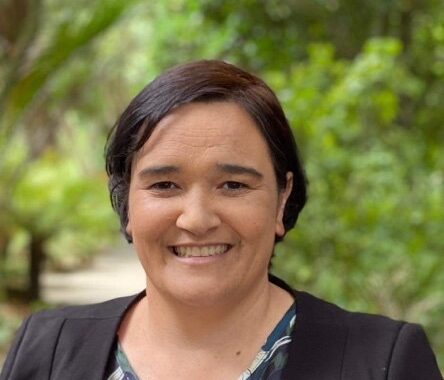
Share this page
Navigating the Future of Work: A Kaupapa Māori Values-Driven Approach
As we adapt to the evolution of the fourth industrial evolution the career landscape is transforming at an unprecedented pace. The very linear career paths of the past are giving way to a more dynamic, uncertain future. In this context, a values-driven approach to career planning becomes not only relevant but essential for navigating the complexities of the 21st-century workplace. I have spent many years working with rangatahi Māori to influence change in an effort to see more equitable approaches to science, technology, engineering and mathematics (STEM) education and employment. Over the last seven years I have delivered kaupapa Māori values driven approach to science and technology career planning with hundreds of rangatahi. Being culturally anchored provides a sense of identity and belonging, which is crucial for career success in a globalised world. Our kaupapa Māori values shape lives and decisions, including career choices. Integrating these values into career planning supports not only individual success but also the sustainability of Māori culture and principles in the modern workforce.
Beyond Traditional Career Planning
Traditional career planning tools, while useful in matching individuals to broad career categories based on interest, have limitations. Many of these tools were developed in the early to mid 1900s are tend to oversimplify the complex nature of personal interests and skills and fail to account for the impact of changing technologies, industries, culture and diversity. This can lead to a mismatch between an individual’s career path and their personal growth or societal changes.
The primary limitation of traditional career planning is its rigidity and the assumption of a one-size-fits-all path to success. They also typically involve linear pathways, focusing on job stability, long-term employment with a single company, or climbing the corporate ladder in a specific field. This method presupposes a stable, predictable work environment and clear-cut job progression. It's more about fitting into established roles rather than tailoring careers to match personal interests, skills, and evolving opportunities in the job market. These approaches often neglect the individual's personal values, culture and identity, diversity, socio-economic background and the changing nature of work.
The 21st-century career landscape is anything but predictable. Technological advancements, the rise of the gig economy, and increasing importance of social and environmental responsibility in business practices are reshaping what work looks like and demand a more adaptable and personalised career planning approach.
The World Economic Forum ‘Future of Jobs’ report released last year reported that over 85% of organisations identified increased adoption of new technologies as a key driver of business transformation. As technology reshapes industries, traditional career planning tools may not fully prepare our rangatahi for the future.
Kaupapa Māori Values-driven Approach to Career Planning
Awareness of our core values will become increasingly important as we stand at the brink of the fifth industrial revolution which emphasises a value driven human centred approach. As a Rangitāne, Ngāti Raukawa and Ngāti Kahungunu uri, this resonates with me. Whilst I have not always gotten it right, I have tried to have my core kaupapa Māori values guide not only my personal conduct but also my leadership practice emphasising manaakitanga (care and inclusivity), tauutuutu (reciprocity) and kaitiakitanga (responsibility and guardianship) towards people and also the environment.
These values foster for myself a sense of belonging, support collective well-being, and ensure sustainable practices. I believe that by prioritising kaupapa Māori values, behaviours align with maintaining harmony, enhancing social cohesion, honouring generations past, present and future as well as a commitment to being a good tipuna.
At the heart of a values-driven career planning approach is the alignment of one's career with core personal values. This alignment is crucial for several reasons. It ensures that career choices resonate deeply with the individual's sense of identity and purpose, leading to greater job satisfaction and personal fulfilment amidst change. When people find meaning in their work, they are more motivated, engaged, and resilient in the face of challenges. Values driven approaches that emphasise continuous learning, adaptability, and digital literacy will better align with the evolving technological landscape.
Towards a Values-Driven Future
The future of work demands a new approach to career planning—one that is flexible, values-driven, and culturally informed. By integrating kaupapa Māori values rangatahi can navigate the changing career landscape with confidence and purpose. This approach not only supports personal and professional growth but also contributes to a more inclusive, sustainable, and fulfilling future of work for all.
About Naomi Manu
Naomi Manu (Rangitāne, Ngāti Raukawa, Ngāti Kahungunu ki Wairoa).
Naomi Manu is a well-known leader and advocate for equitable access to education and training within the science and innovation sector. She has made significant contributions to promote Māori in science, technology, engineering, and mathematics (STEM) and inspiring young Māori to pursue careers in science and technology. As the founder of Pūhoro STEMM Academy (Pūhoro) and co-founder of Auraki Group (Data Capability), Naomi is dedicated to improving Māori representation and participation in STEM. In 2024, Naomi was recognised as leading Aotearoa New Zealand’s efforts in STEM education through becoming a Member of the New Zealand Order of Merit for her services to STEM education and Māori.
Naomi's efforts have helped to highlight the importance of diversity and inclusion in STEM, and her work has been recognized with numerous domestic and international awards including winning, in 2022, the Global Engineering and Technology Innovation Award for Most Forward Thinking Programme in Engineering and Technology. In 2021, NASA won this award.
Naomi is a Director of Te Taumata, the premier authentic voice for Māori in global trade. In this capacity Naomi works to promote Māori values and perspectives in global trade as well as advocating for enhanced Māori representation in trade and commerce. Naomi is also an Associate Director for Tapuwae Roa which is a leading Māori social impact organisation with a focus on funding, investment, and advocacy of targeted social change within a tikanga-based framework.
Naomi is an Obama Foundation Global Leader and has recognised expertise in values based leadership.
Here you can chnge it
Change it
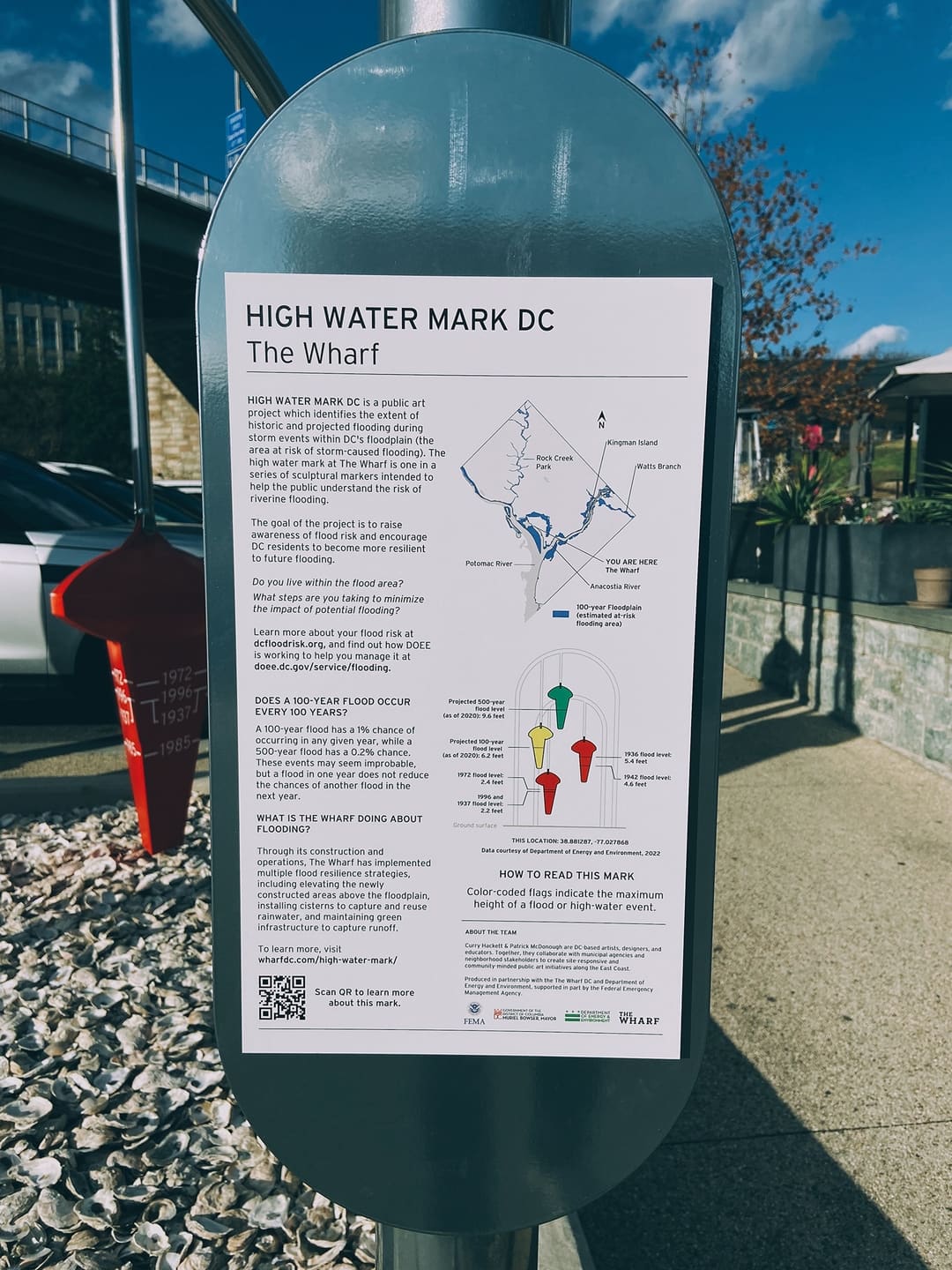
Heading

This is the heading

This is the heading
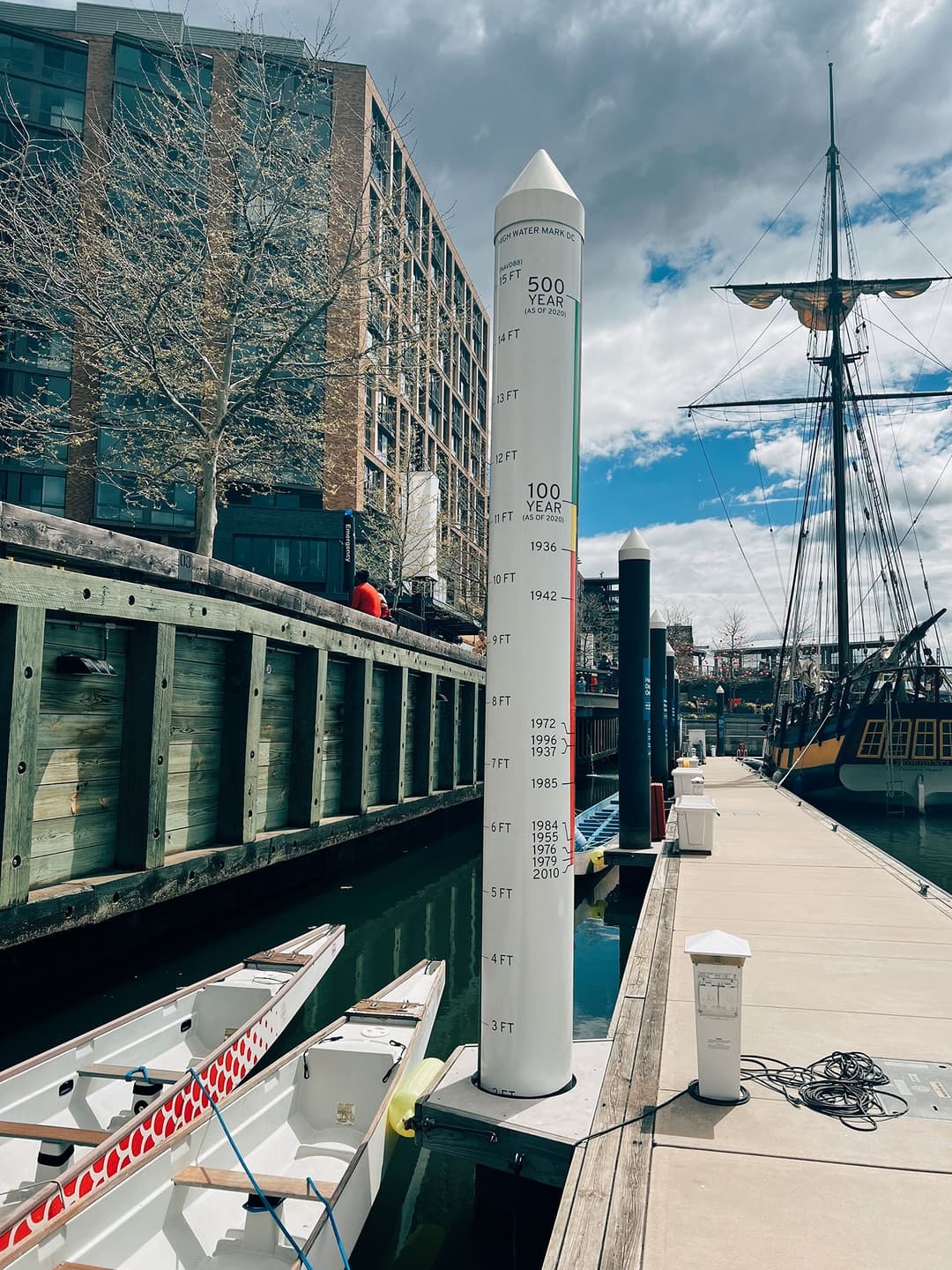
This is the heading

This is the heading
